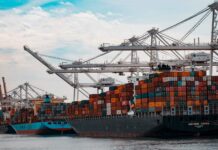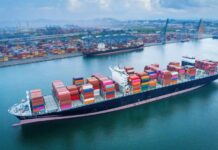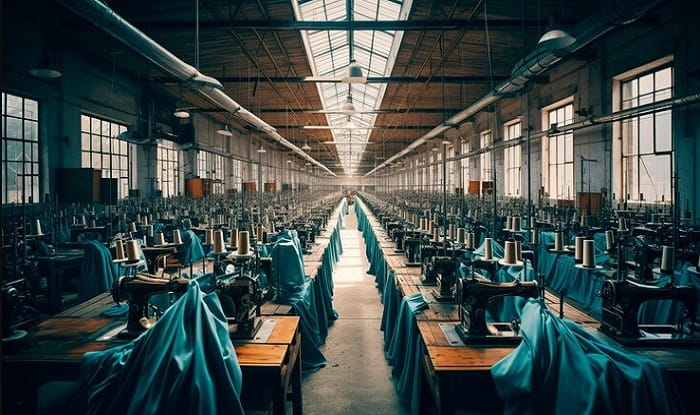Vietnam’s manufacturing sector has been significantly impacted by the recent typhoon Yagi, according to a new report from S&P Global. The storm has caused disruptions in production activities, leading to delays and operational challenges for various industries, including textiles.
The typhoon’s heavy rainfall and strong winds have affected supply chains and logistics, with many factories forced to halt operations temporarily. As a result, manufacturers are facing difficulties in meeting production schedules and fulfilling orders, raising concerns about potential losses in revenue.
Industry experts warn that the impact of the typhoon may extend beyond immediate disruptions, potentially affecting the overall growth of the manufacturing sector in the coming months. The textile industry, a vital part of Vietnam’s economy, is particularly vulnerable, given its reliance on timely production and delivery.
As the country begins to assess the damage and recover from the storm, stakeholders are calling for robust support measures to help affected businesses regain stability and minimize the long-term impact on the industry. The situation underscores the need for resilient supply chains capable of withstanding natural disasters, particularly in the context of global manufacturing.

































